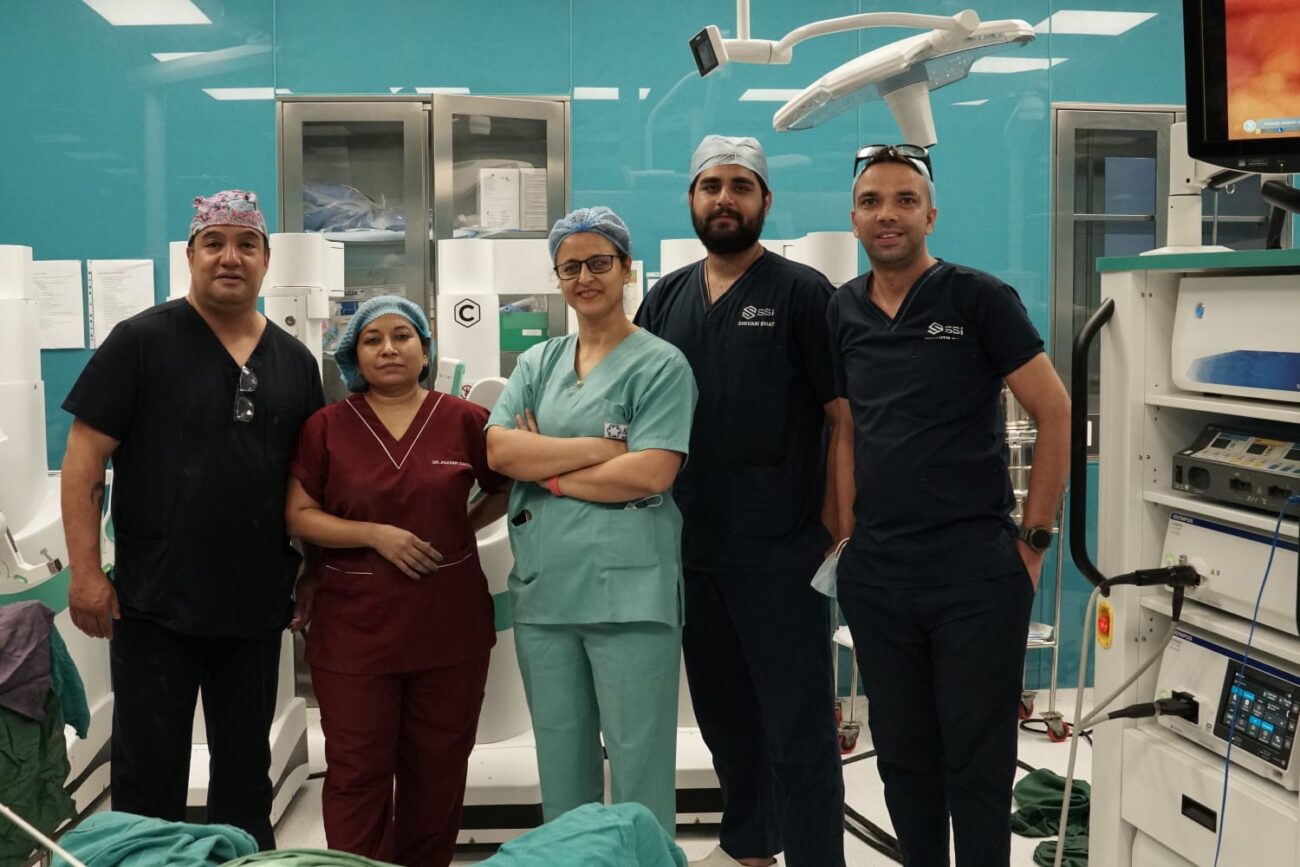What happens to your Liver if the Digestive System is ignored?
Dr Niranjan Banka Chairman, Institute of Digestive & Liver Care, SL Raheja Hospital, Mahim A Fortis Associate Recent research has shown a significant link between Gut functioning and developments of Liver Diseases. This includes faulty food
Dr Niranjan Banka Chairman, Institute of Digestive & Liver Care, SL Raheja Hospital, Mahim A Fortis Associate
Recent research has shown a significant link between Gut functioning and developments of Liver Diseases. This includes faulty food habits resulting in severe Obesity, alcohol consumption, the transmission of Hepatic Viruses, chronic infectious agents or translocation of Gut Microbiomes. Some of the chronic incurable & inflammatory diseases of the Gut also result in the development of Chronic Liver Disease. Our Liver is the multi-tasking marvel of the human body, toiling away every day to digest fats, recycle blood cells, store energy for future use, and filter the blood from the digestive tract, protecting you from a wide variety of dangerous toxins.
A healthy Liver is necessary for survival!
The Liver can regenerate after being damaged; however, repetitive or long-lasting injury can cause scar tissue to form. Scarring of the Liver may lead to Cirrhosis, a condition in which the Liver is unable to function normally. In recent years, an uninterrupted increase in the prevalence and the mortality by Liver diseases has been observed. One of the most common
Chronic Liver Diseases is  Alcoholic Liver Disease (ALD) and Non-alcoholic Fatty Liver Disease (NAFLD) that can progress to Liver Cirrhosis and/or Hepatocellular Carcinoma. Changes in gut microorganisms, or Microbiota, can affect the progression of Liver disease. Gut–Liver axis represents a close functional and bi-directional communication between the Intestine and the Liver. A dysfunctional Intestinal Microbiota is associated with an increase in intestinal permeability, and consequently, an exposure of the Liver to bacterial components may act directly on Hepatocytes or cells, resulting in hepatic injury. Several factors may impact Microbiota composition and can escalate the risk of Dysbiosis, including diet, exposure to stress, the broad use of antibiotics, ageing, and comorbid conditions.
Alcoholic Liver Disease (ALD) and Non-alcoholic Fatty Liver Disease (NAFLD) that can progress to Liver Cirrhosis and/or Hepatocellular Carcinoma. Changes in gut microorganisms, or Microbiota, can affect the progression of Liver disease. Gut–Liver axis represents a close functional and bi-directional communication between the Intestine and the Liver. A dysfunctional Intestinal Microbiota is associated with an increase in intestinal permeability, and consequently, an exposure of the Liver to bacterial components may act directly on Hepatocytes or cells, resulting in hepatic injury. Several factors may impact Microbiota composition and can escalate the risk of Dysbiosis, including diet, exposure to stress, the broad use of antibiotics, ageing, and comorbid conditions.
Amelioration of the Dysbiosis through the healthy diet, use of Prebiotics, and Probiotics, improves the gut-barrier function and appears to be a promising new approach to managing Chronic Liver Diseases. The changing food habits in our country are reaching alarmingly to cause significant Obesity and development of Non-Alcoholic Fatty Liver disease. It is
imperative that early awareness and remedial measures are taken.
We also see amoebic infections of the colon causing Liver abscesses (boils) resulting in significant morbidity and mortality. We need to improve hygiene in terms of sanitation and water supply. The monsoon brings in outbreaks of Virus A & E Hepatitis, which are waterborne gut infections causing acute Hepatitis and Jaundice. Again we should be careful to avoid roadside, stale or contaminated food items.
FOOD TIPS FOR A HEALTHY OR HEALTHIER LIVER:
What to sidestep? Don’t eat foods high in fat, sugar and salt. Stay away from consuming excess amounts of fried foods, junk food and packaged foods. Avoid raw or undercooked seafood and meat
Talk to the doctor about alcohol and Liver health: Depending on the state of your Liver, you should avoid alcohol. If you’re allowed alcohol by your doctor, limit it to no more then one drink a day if you’re a woman and two drinks a day if you’re a man
Eat a balanced diet: Select foods from all food groups such as Grains, Fruits, Vegetables, Meat and Beans, Milk, and Oil
Eat food with fibre: Fruits, vegetables, whole grain Bread, Rice and Cereals can take care of our body’s fibre needs
Drink lots of water: It averts dehydration and it helps your Liver function better
Exercise: This keeps our overall blood circulation active




